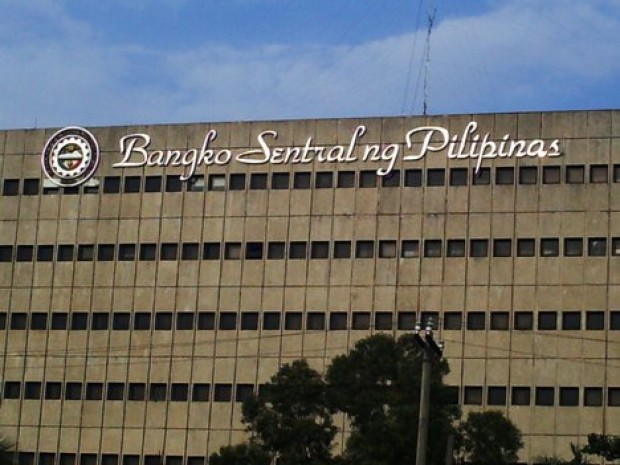Business confidence declines in Q4
Firms’ overall confidence index (CI) dropped to 39.8 percent in the fourth quarter, the lowest in over two years, partly as a result of uncertainty over the government’s foreign policy as well as a weaker peso, the Bangko Sentral ng Pilipinas’ latest business expectations survey released Friday showed.
While the CI remained in positive territory—which meant optimistic companies outnumbered pessimists—the figure for the October to December period was also the lowest fourth-quarter CI since 2011’s 38.7 percent.
Also, BSP data showed that while the fourth quarter yielded higher optimism than the preceding quarter amid strong consumer spending during the holiday season, the October to December CI declined from 45.4 percent in the third quarter—the last time that the fourth-quarter optimism was lower quarter-on-quarter was in 2004, which fell to 18.6 percent from the previous quarter’s 30.5 percent.
On a quarterly basis, the latest figure was the lowest since the 34.4 percent posted in the third quarter of 2014.
“Despite the usual uptick in demand during the Christmas season, business outlook was less buoyant for the current quarter due to perceived concerns over the direction of foreign policies and economic reforms in the country, weakening global demand, foreign exchange losses of importers due to peso depreciation, and lack of supply of raw materials,” Teresita B. Deveza, deputy director at the BSP’s department of economic statistics, told a press conference.
Article continues after this advertisementTo recall, President Rodrigo Duterte last October declared an “economic separation” from the United States, a long-time ally and one of the country’s top trading partners, following US President Barack Obama’s criticism on the war being waged against illegal drugs, which spun off extrajudicial killings.
Article continues after this advertisementWhile breaking away from closer ties with the US as well as the European Union, the Duterte administration declared a pivot to China and other neighboring Asian countries.
Francisco G. Dakila Jr., managing director of the BSP’s monetary policy sub-sector, added that external political developments also added to the uncertainty, including the results of the recent US presidential elections where Donald Trump emerged victorious.
“The [upcoming] change in administration in the US and what it implies on our trade performance with respect to the US” worried local businesses, Dakila said.
As for the outlook for the first quarter of next year, the BSP survey showed that “business confidence likewise weakened but continued to be positive as the next quarter index declined to 34.5 percent from 56.8 percent in the previous quarter’s survey results,” Deveza said.
“Respondents attributed their less optimistic outlook for the first quarter of 2017 to the usual slowdown in consumer demand after the holiday season. Other reasons cited by firms were the direction of foreign policies and economic reforms in the country, stiffer competition with the entry of new players in the market, and the wait-and-see attitude of investors for the coming year following the results of the US national elections, which could affect the interest rate movements in the country,” Deveza explained.
The weaker peso was also seen as a deterrent to companies’ performance in the near term, the survey showed.
“Most respondents anticipated the peso to depreciate for the fourth quarter of 2016 and the first quarter of 2017. Expectations of a weaker peso are attributable to the views of firms that are both importers and exporters, and could be due to renewed prospects of a hike in the US Federal Reserve funds rate,” according to Deveza.
Markets are betting on a US Federal Reserve rate hike next month, after Chair Janet Yellen last week said it will be done “relatively soon.”
The peso slid to the 49:$1 range and tested the $50:1 level this week.
The business expectations survey for the fourth quarter of this year was conducted from Oct. 3 to Nov. 17, covering 1,470 companies across the country.
